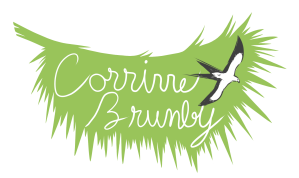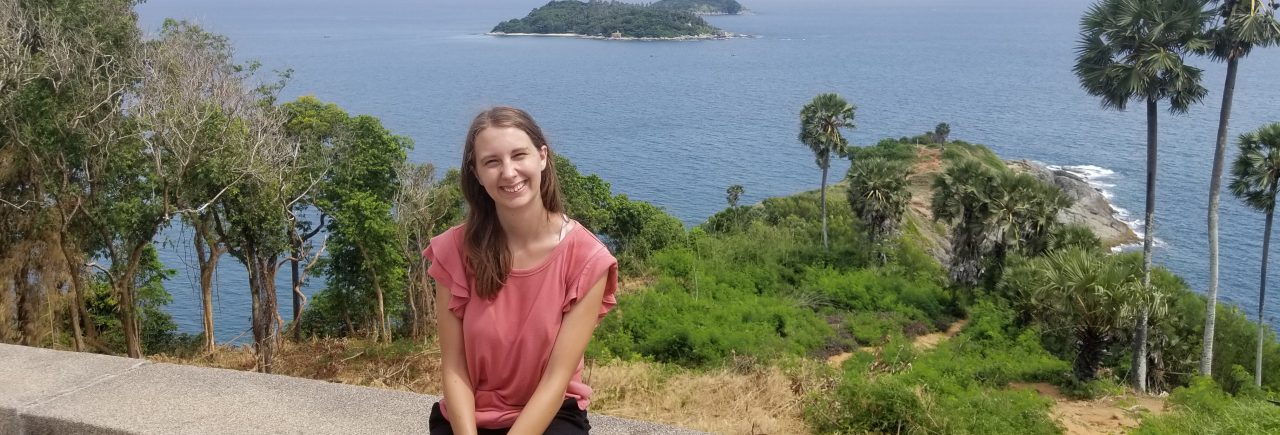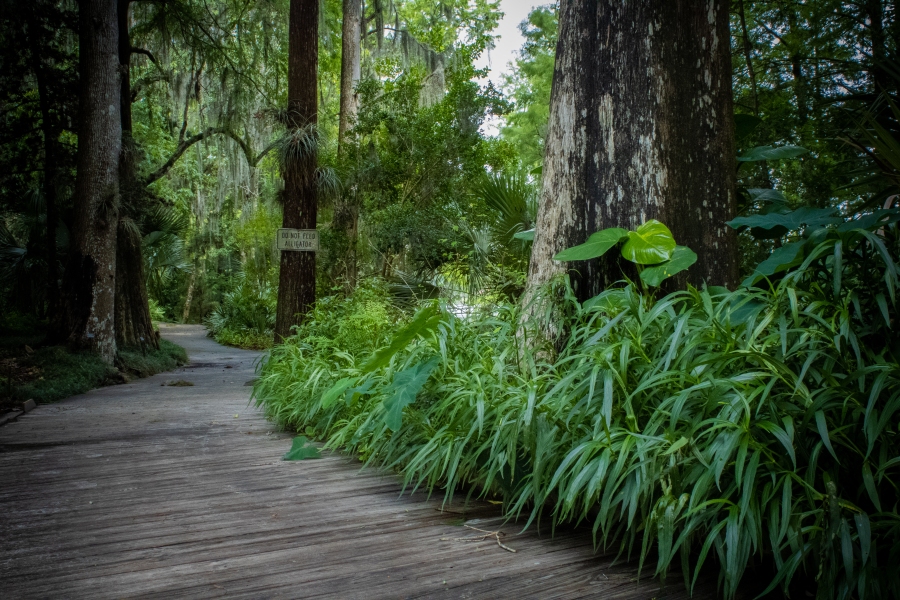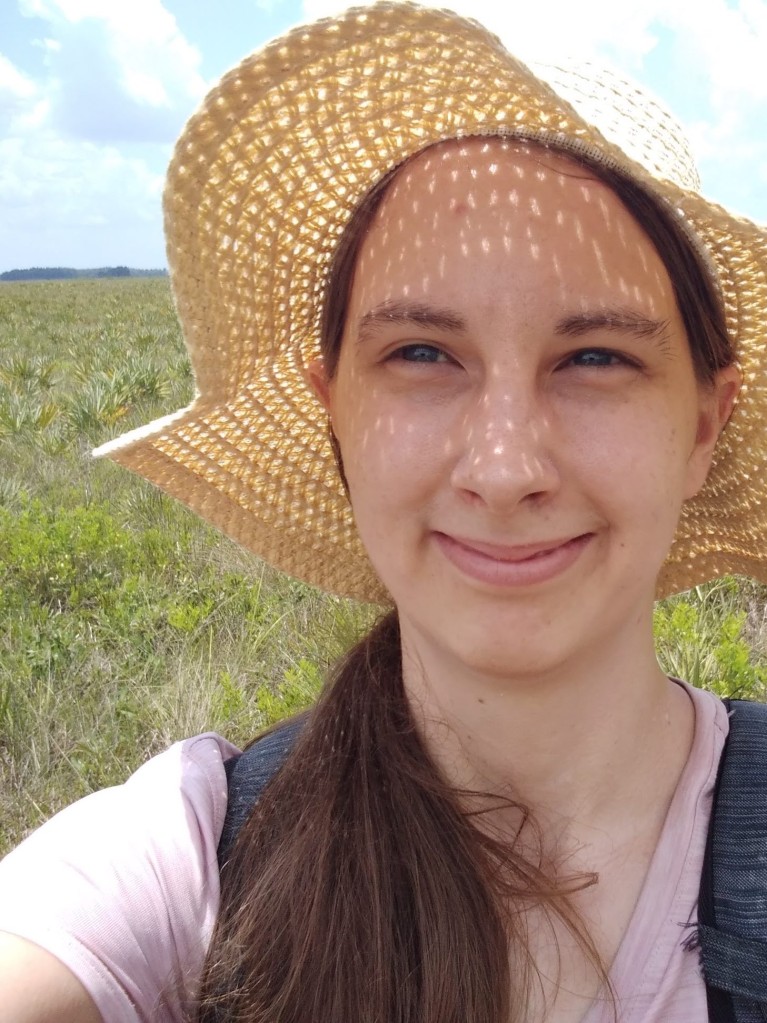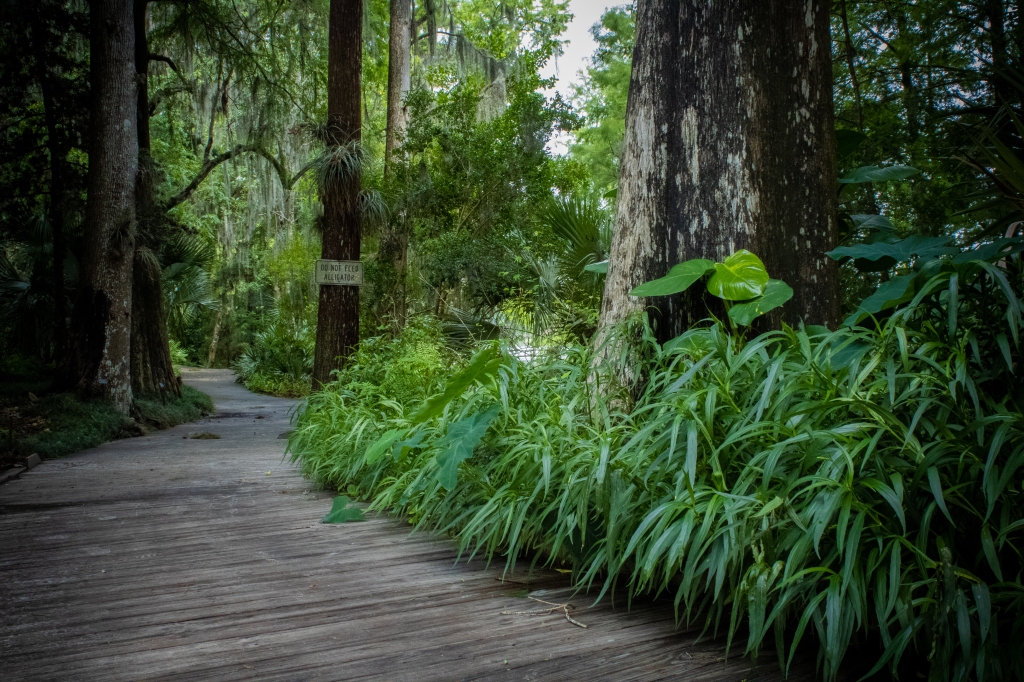
I’m in pain. And maybe it is endless, it is, let’s face it. I’ll be seeing a number of specialists, taking meds, having surgeries, and unable to work for the rest of my life.
I’m having trouble accepting where I’m at and being okay with it. Unable to work, unable to write much, unable to think clearly, and the expectation to do those things. I can’t even shower without sending myself into a flare-up. Tasks that were once easy are an immense chore and it doesn’t seem easy for people to grasp the extent of my pain and disability.
It’s a constant battle accepting that, but I’m not alone, it’s not my fault, and people love me as I am. It seems straightforward enough, but I have to remind myself of these things daily.
There is still life and joy, moments that are worth it in the middle of all the pain. It’s difficult but it’s worth it.
Existing is exhausting. Life in general is hard but when just breathing, standing, and walking causes immense joint, muscular, and nerve pain, it’s discouraging. It’s a constant fight to keep going, which in the end is exhausting.
Often, when you get sick or injure yourself, you’re able to go to the doctor; they run a few tests and the diagnosis is straightforward. They send you home with some antibiotics and anti-inflammatories, and within a few weeks, you’re better.
I have no hope of getting better, just managing as best I can to function and not get worse with PT, daily exercises, and a handful of medications. This is the reality with chronic pain and chronic illness, it’s a constant fight and balancing act.
People tell me I’m strong. I know what they mean. But I don’t have a choice it’s fight or give up and die. So being strong doesn’t feel like a compliment when for me it’s simply surviving. If I had a choice, I would like a break, a chance to be weak for a time, to be able to rest, be pain-free for a moment.
It’s hard to grasp chronic pain and illness until you’re living it, and it’s even harder once you are, to accept it, to be okay that you aren’t getting better, and to find the will to keep going and get up each day, or most days despite it all.
We with chronic illness know we are strong but really, we are exhausted. Next time you see someone with chronic illness maybe rather than tell them how strong they are give them a hug or tea if they can tolerate it and give them permission to let go, and rest for a moment, lend a comforting shoulder or a cozy sofa with lots of blankets and treats, we really just need permission and a place to rest for a moment.
